Holistic Therapy
Yoga & Meditation In Mental Health & Addiction Treatment
Yoga and meditation are simple, proven practices to help calm your mind and body. Both work by activating your body’s relaxation response, which counteracts the stress response that often drives addiction and worsens mental health conditions.
Yoga and meditation have shown to ease anxiety, improve focus, and release tension that makes treatment feel overwhelming. For many patients, these holistic options make it easier to stay engaged in treatment and provide lasting skills to use in everyday life.
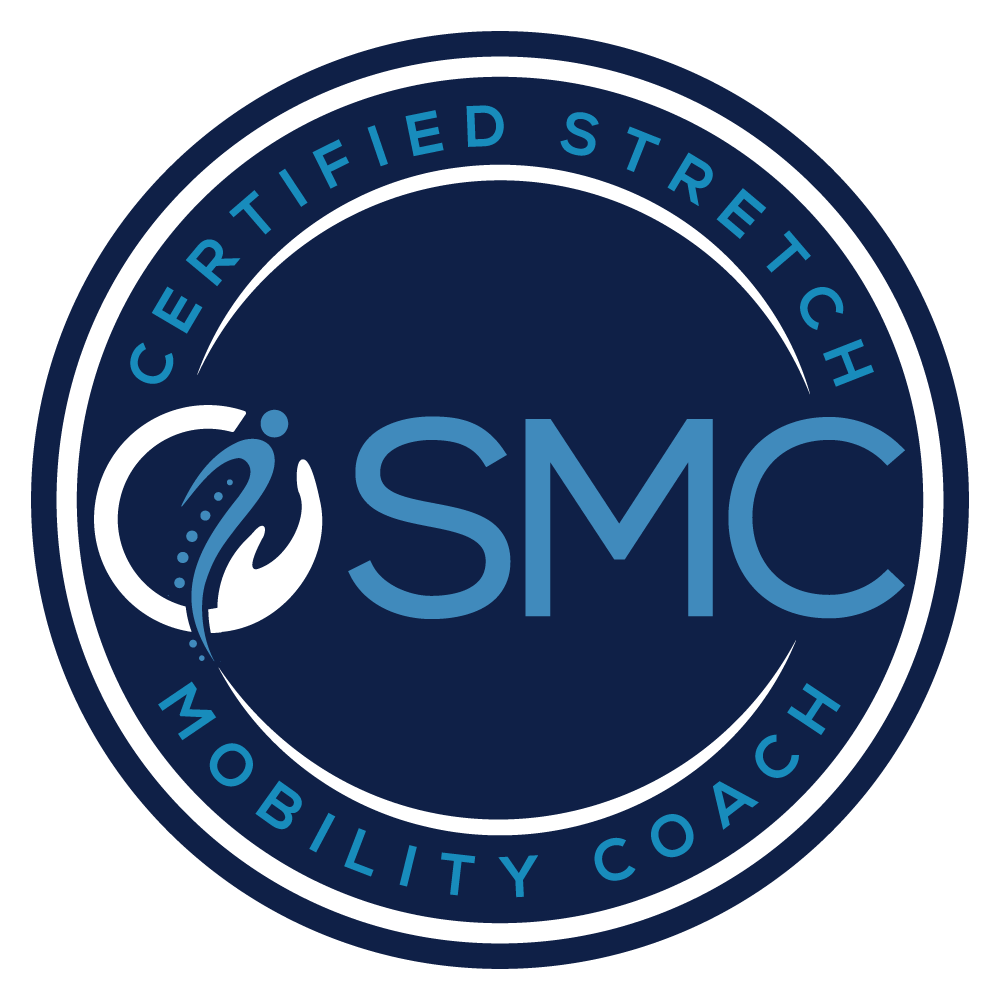
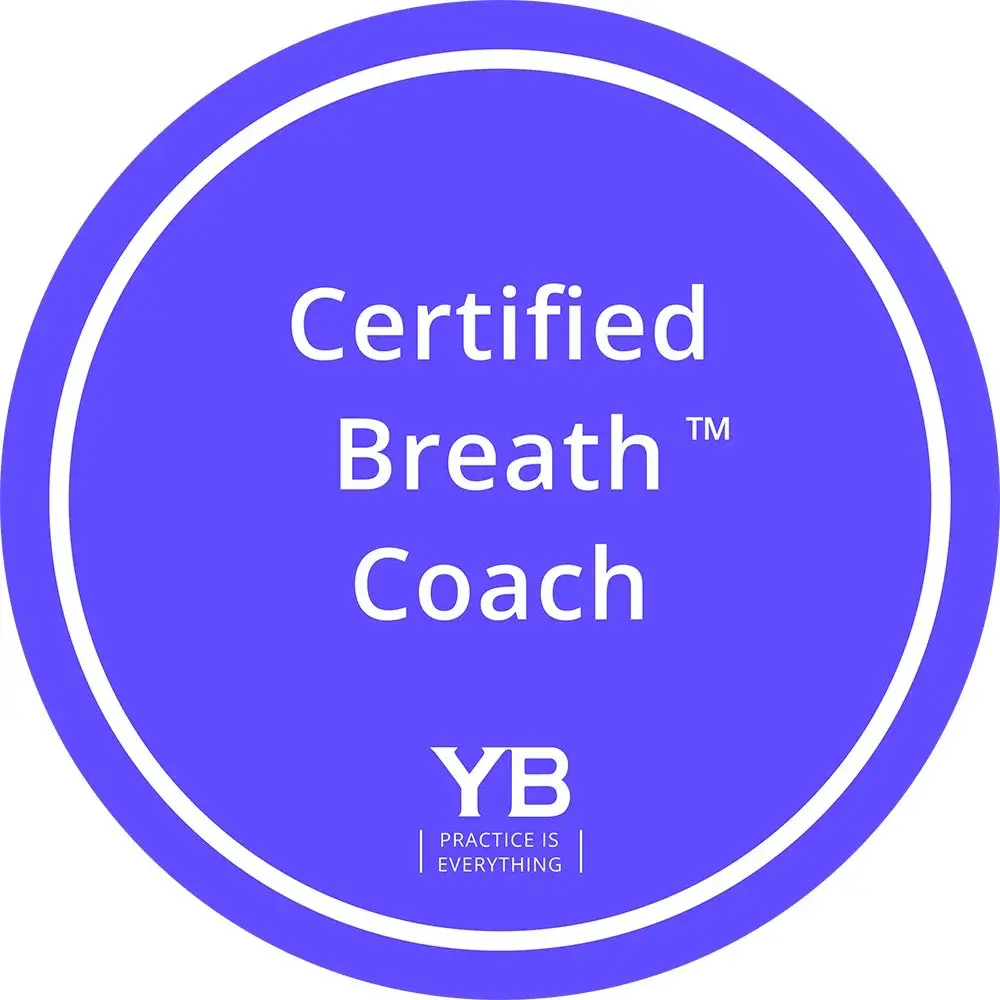
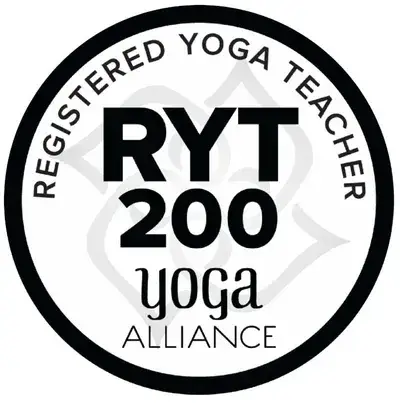
Understanding Yoga
Yoga combines physical postures, breathing techniques, and mindfulness to create balance between body and mind. It’s not about being flexible or achieving perfect poses — it’s about learning to be present in your body and developing awareness of how thoughts and emotions affect you physically.
Breathing techniques and mindful movement lower cortisol levels and calm the nervous system, making it easier to manage anxiety, depression, and substance-related triggers.
Regular practice strengthens the mind–body connection, helping individuals notice and release emotions in healthier ways instead of turning to substances or harmful behaviors.
By improving strength, flexibility, and balance, yoga boosts energy and confidence, supporting greater engagement in therapy and other recovery-focused activities.
How Yoga Works
Set today’s intention
Pick a focus for this session (steadying anxiety, easing cravings, releasing tension).
Ground with Breath
Spend 2–3 minutes slowing the breath to shift out of fight-or-flight.
Warm up joints
Simple movements like gentle twists, cat–cow (arching and rounding the back), and shoulder rolls loosen stiff muscles and prepare for deeper stretches.
Move mindfully
Slow, adaptable sequences matched to breath to lower stress and improve focus.
Build stability
Brief holds (e.g., Warrior, Chair) to practice calm attention under mild discomfort.
Cool down
Slower stretches bring the body back to calm (e.g., Forward folds, hip openers) to release residual tension.
Rest and Reflect
Guided relaxation laying flat on the back (savasana) plus one takeaway to use later (e.g., “3 breaths before I react”).
Understanding Meditation
Meditation is the practice of training your attention and awareness. During meditation, you learn to observe your thoughts without judgment, creating space between yourself and the anxiety, cravings, or negative thought patterns that may have been controlling your life.
Neuroimaging studies show that regular meditation increases gray matter in areas responsible for attention, emotional regulation, and self-awareness while decreasing activity in the amygdala — the brain's fear center.
Instead of going straight from trigger to craving to use or from trigger to mental spiral, meditation creates space to pause and choose a different response. It becomes easier to notice unhelpful thoughts or urges earlier and strengthens emotional resilience.
Breathing focus and mindfulness lower heart rate and ease tension, creating a sense of calm that helps reduce anxiety, depression, and cravings — supporting a steadier mood.
How Meditation Works
Find a comfortable position
Sit in a chair, cross-legged on the floor, or lie down — whatever posture feels steady but relaxed.
Settle with Breath
Spend 1–2 minutes noticing each inhale and exhale, letting breathing slow naturally to signal calm to the nervous system.
Choose a Focus Point
Pick an “anchor” like the breath, a repeated word or phrase, or sensations in the body to bring the mind back to.
Notice and Name Distractions
When thoughts, cravings, or emotions pop up, simply label them (“worry,” “craving,” “planning”) without judgment.
Return to the Anchor
Gently shift attention back to the breath or chosen focus each time the mind wanders—this repetition strengthens mental control.
Scan the Body
Briefly check in from head to toe, noticing tension or pressure, and allow muscles to release.
Close with Reflection
End with a minute of gratitude, intention, or a simple plan for daily use (e.g., “take three breaths before responding to stressful comments”).
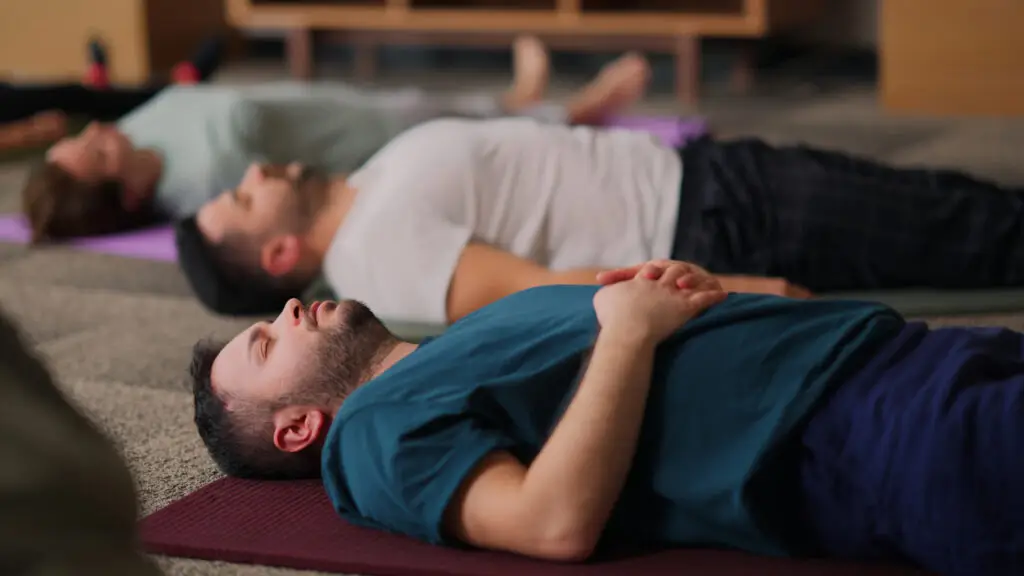

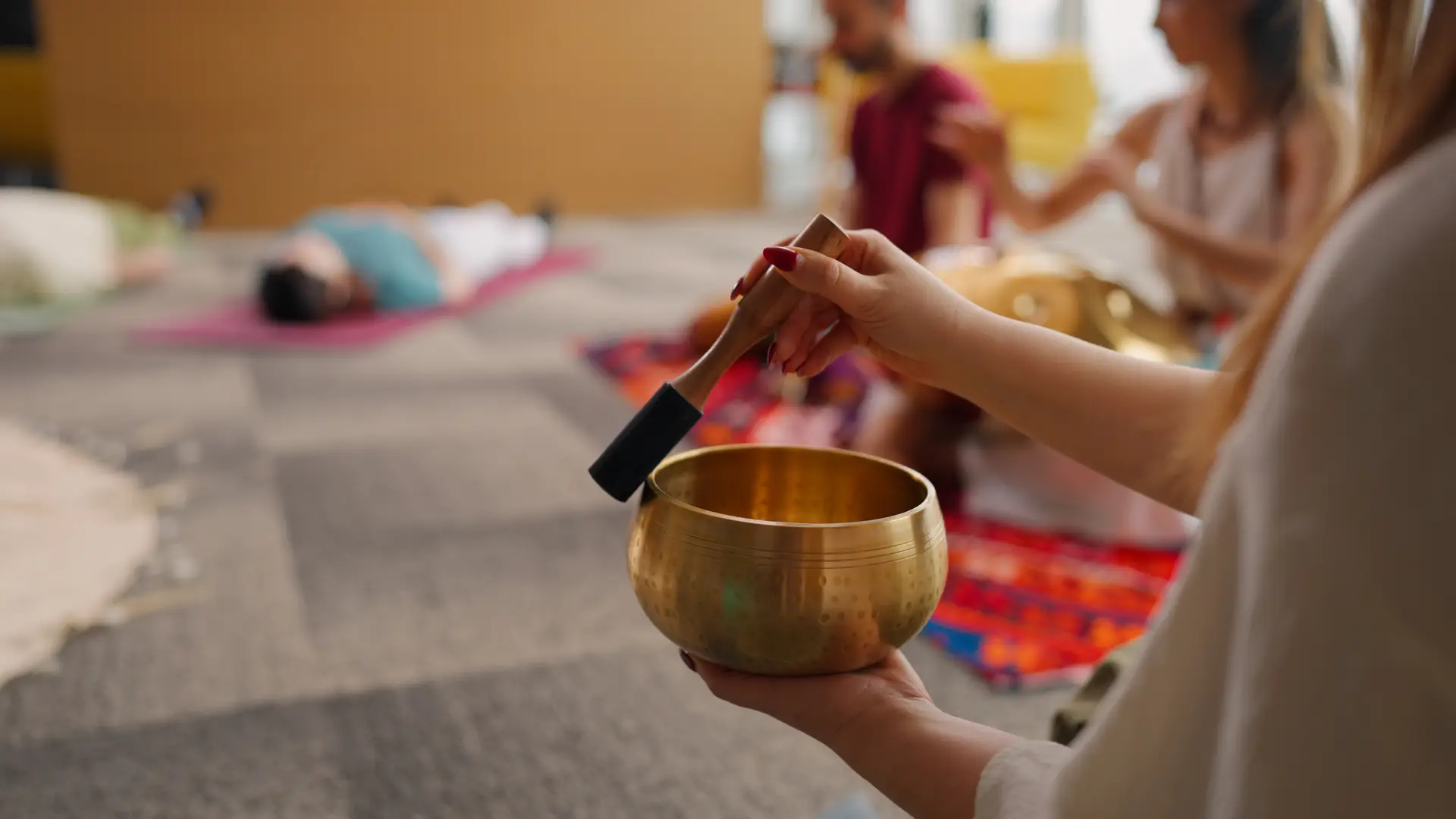

Experts in Holistic Healing
Yoga and meditation therapies at The Haven Detox are led by certified instructors who understand both the therapeutic benefits of these practices and the unique challenges faced by people in treatment for mental health and addiction issues. Instructors work closely with your clinical team to ensure these practices complement your other therapies.
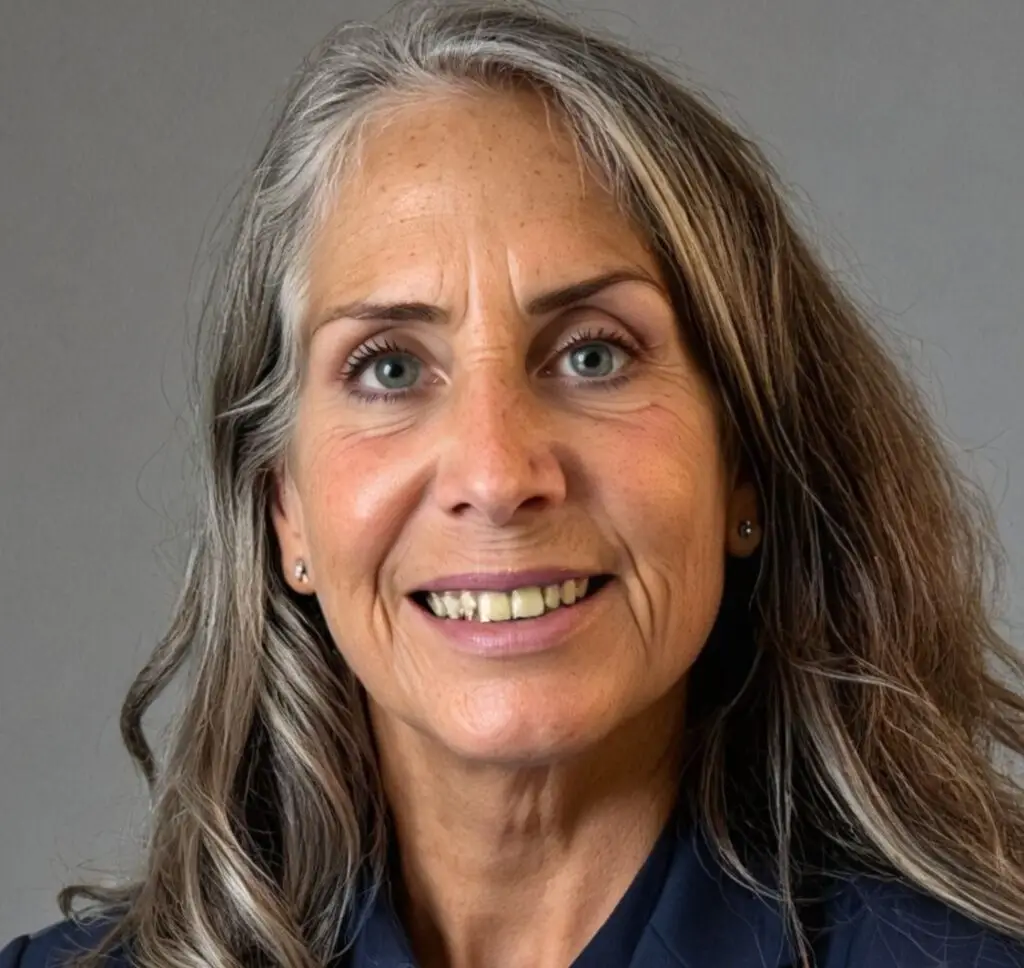
Yoga Instructor and Lead Client Care Liaison
- Nationally Accredited Peer Recovery Specialized 14+ of experience

Yoga Instructor
- 13+ years of experience, certified yoga instructor Certified Breath Coach and a Certified Science of Stretch Coach
Most Common Conditions Helped by Yoga & Meditation
Substance Use Disorders
These practices provide healthy alternatives to substances for managing stress and difficult emotions. They also help repair the mind-body connection that addiction often disrupts.
Chronic Pain
Yoga improves flexibility and strength while meditation changes your relationship with pain sensations, often reducing the need for pain medications that can lead to dependence.
Depression
Movement-based yoga helps counteract the lethargy and disconnection common in depression. Meditation practices specifically target the negative thought cycles that maintain depressive episodes.
Anxiety Disorders
Yoga and meditation directly counteract anxiety by activating the parasympathetic nervous system. Breathing techniques provide immediate relief during panic attacks, while regular practice reduces overall anxiety levels.
Post-Traumatic Stress Disorder (PTSD)
Gentle yoga helps trauma survivors reconnect with their bodies in a safe way. Meditation practices teach grounding techniques for managing flashbacks and emotional overwhelm.
Sleep Disorders
Both practices calm the nervous system and teach relaxation techniques that improve sleep quality — crucial for mental health and maintaining sobriety.
A Setting for Full Healing
Yoga and meditation are just two examples of the holistic therapies available. In total, there are more than 20 different treatment options. It’s a place not just to treat symptoms, but to support full healing of mind, body, and spirit long-term.
Relaxation for the Mind and Body
Serene Surroundings To Escape Daily Stressors
Healing That Lasts Beyond Treatment
Yoga & Meditation Available at All The Haven Detox Locations
Find holistic healing options at any of our treatment facilities. Yoga and meditation are integrated into comprehensive treatment plans at each location.

The Haven Detox - Arizona
Space Available
Insurance Accepted
Yoga & Meditation Offered

The Haven Detox - Little Rock
Space Available
Insurance Accepted
Yoga & Meditation Offered

The Haven Detox - New Jersey
Space Available
Insurance Accepted
Yoga & Meditation Offered

The Haven Detox - West Memphis
Space Available
Insurance Accepted

The Haven Detox - Florida
Space Available
Insurance Accepted
Yoga & Meditation Offered

The Haven Detox - New England
Space Available
Insurance Accepted
Yoga & Meditation Offered

The Haven Detox - Puerto Rico
Space Available
Insurance Accepted
Treatment Success Stories
Find holistic healing options at any of our treatment facilities. Yoga and meditation are integrated into comprehensive treatment plans at each location.
Kara A.
I went there scared and they helped me feel comfortable and relaxed. The meetings and meditation groups were awesome. It’s a great way to start your journey to getting sober.
Jonathon V.
Yoga was the best way to start off the day! Amazing and fun yoga instructor! Really helps you relax and focus on your classes.
James M.
The Haven was a very clean and comforting place that helped me get sober and took care of every need. From washing clothes to food and great downtime activities like yoga.
Insurance Coverage for Yoga & Meditation
Most insurance plans don’t cover yoga or meditation as stand-alone services. However, these services may be included as part of a broader physician-supervised treatment plan. Because every policy is different, you can check quickly and privately what comprehensive care at our facilities would cost — no commitment.
Frequently Asked Questions About Yoga & Meditation
Is there real scientific evidence that yoga and meditation help with addiction or mental health?
Do I need to be flexible or have experience with yoga to participate?
Not at all. Our yoga classes are designed for all ability levels, including complete beginners. Instructors provide modifications to make each pose easier or more challenging. However, the focus is on what feels good for your body, not achieving perfect form.
What if I can't sit still for meditation?
This is one of the most common concerns, especially for people with anxiety or ADHD. Meditation doesn’t require sitting perfectly still. Walking meditations, guided visualizations, and breathing exercises can work better for restless minds. The goal is training attention, not forcing stillness. Those that struggle with calming their mind have the most to gain from meditation.
Can these practices replace my other treatments?
No. Yoga and meditation are complementary therapies that enhance (not replace) standard treatment options like talk therapies and medication. The holistic options provide additional tools for managing symptoms and help prepare your mind and mood so traditional therapies can be more effective.
How quickly will I see benefits from yoga and meditation?
Many people notice some benefits after their first session — feeling calmer or less “stuck” in anxious thoughts. Longer-term benefits like improved sleep, reduced anxiety, and better emotional regulation typically develop over several weeks of regular practice.
What if these practices conflict with my religious beliefs?
Yoga and meditation can be practiced in completely secular ways. At The Haven Detox, instructors emphasize therapeutic benefits like relaxation, focus, and emotional regulation — not spiritual or religious elements. These practices can help restore a sense of inner peace and strength that often feels worn down after long struggles with mental health or substance use, but they are not tied to any religion or belief system.
What if I’ve tried yoga or meditation before and didn’t like it?
That’s okay. These practices vary widely—from quiet guided meditation to gentle movement-focused yoga. One small shift (like trying a trauma-informed class) can feel very different and more approachable. The guide’s experience and session style matter a lot. It’s worth giving yoga or meditation another try, but these therapies are optional.
Related Treatment Options
Have Questions? Let’s Talk!
Call the free 24/7 helpline to get answers and a plan for treatment that’s best for your specific medical and insurance situation — even if it’s not with us.
24/7 Support
Need someone to talk to? We’re always here—day or night.
No Commitment
Ask questions, get guidance—no pressure, no obligation.
100% Private
Your story stays with us. Confidential support, always.

